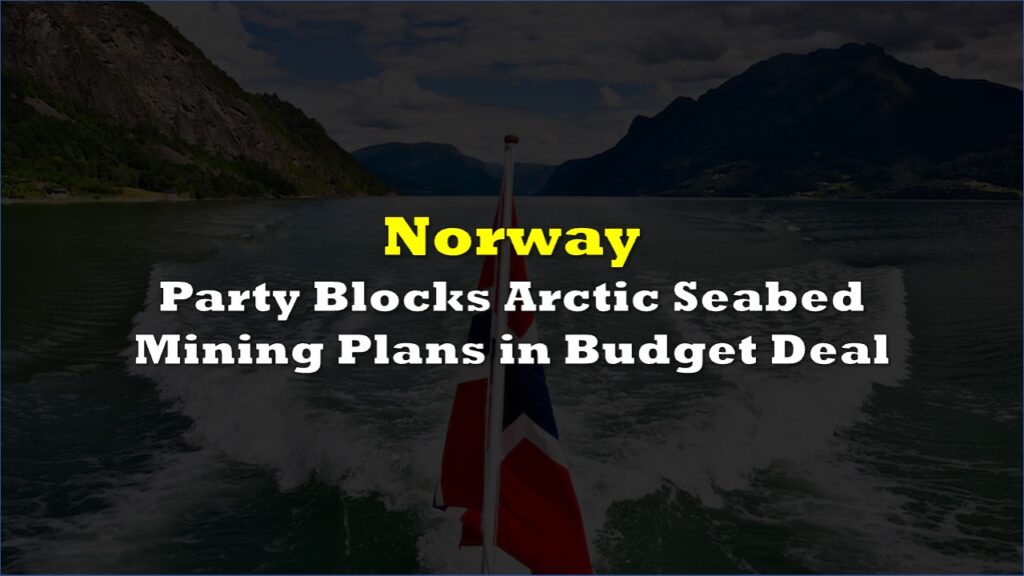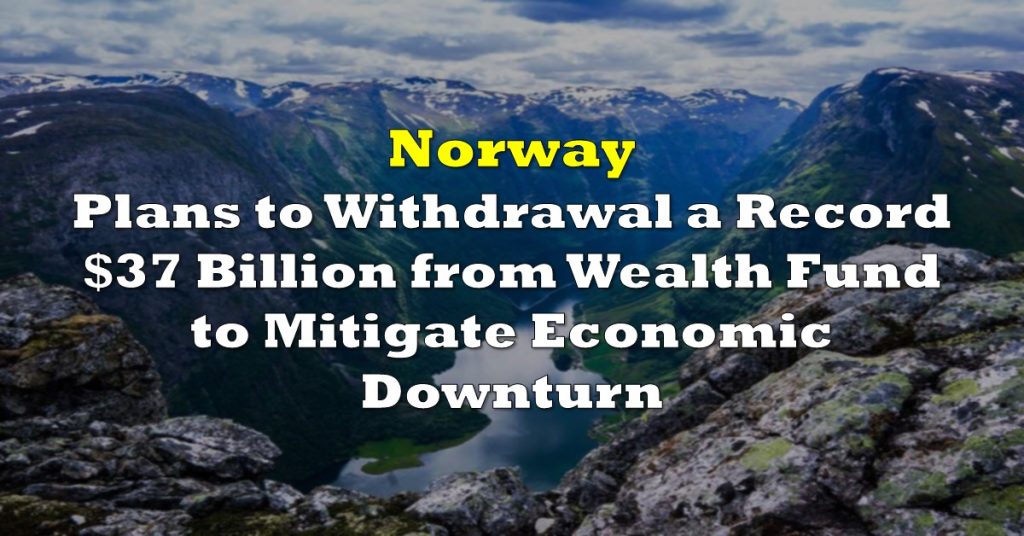Norway, a nation long celebrated for its abundant hydroelectric resources, is grappling with a political and economic crisis as soaring electricity prices wreak havoc on households and businesses. The issue has sparked a fierce debate about the country’s international energy commitments, with leading politicians pushing to sever or renegotiate power interconnectors with neighboring European countries.
Southern Norway in particular is facing an unprecedented surge in electricity prices, reaching NKr13.16 ($1.18) per kilowatt hour on Thursday—almost 20 times the rate just one week ago. This marks the highest price level since 2009. The sharp increase has been attributed to a combination of low wind generation in Germany and the North Sea and heightened winter demand across Europe.
Norwegian Energy Minister Terje Aasland did not mince words, calling the situation “absolutely shit.”
Interconnected problem
At the heart of the controversy are Norway’s power interconnectors—high-voltage cables that link the country’s hydroelectric grid to markets in Denmark, Germany, and the UK. These connections, designed to export surplus electricity and stabilize prices across Europe, are now being blamed for exacerbating domestic price volatility.
Critics argue that the interconnectors allow foreign markets to “infect” Norway’s electricity prices, driving costs higher for local consumers. The ruling Labour Party has proposed turning off the Denmark interconnector when its current agreement comes up for renewal in 2026. The Centre Party, Labour’s junior coalition partner, has gone even further, calling for the renegotiation of deals with the UK and Germany.
“This is a crunch moment for EU-Norway relations,” warned an EU ambassador in Oslo, adding that any reduction in Norway’s electricity exports would not be “well received” by the European Union. Many EU nations rely on Norway’s hydroelectric power to stabilize their own energy grids, particularly amid the ongoing energy transition and the fallout from reduced Russian gas supplies.
The energy crisis is shaping up to be a central issue in Norway’s parliamentary elections next September. Public outrage over soaring electricity bills has fueled a political backlash against the ruling centre-left government, which polls predict will suffer a significant defeat.
The right-wing Progress Party, currently leading in the polls, has pledged to scrap the Denmark interconnector altogether and renegotiate agreements with Germany and the UK. The party also proposes more extensive subsidies for Norwegian consumers, arguing that the state’s profits from hydropower generation should be reinvested to shield citizens from market-driven price hikes.
Norwegian households are already somewhat insulated from the price surge, thanks to government subsidies that cover 90% of electricity costs above a set threshold. However, the Progress Party wants to expand this support further, insisting the state can afford it due to windfall revenues from high electricity prices.
Regional fallout
Norway’s struggles are mirrored in neighboring Sweden, where regional disparities in electricity prices have reached extreme levels. On Wednesday, consumers in Gothenburg, in southern Sweden, paid 190 times more for electricity than residents of Luleå in the north. The disparity highlights inadequate transmission infrastructure, a common problem in both Sweden and Norway, where power is often cheaper in northern regions but difficult to distribute to southern population centers.
Norway is Western Europe’s largest petroleum producer and has recently replaced Russia as the top supplier of natural gas to several EU countries. As such, its energy policies carry significant weight in the region. European leaders have long championed an integrated electricity market to enhance stability and reduce costs. However, Norway’s potential retreat from this system threatens to upend these plans.
Moreover, the crisis comes at a critical time for the global energy transition. Norway’s abundant hydropower is seen as a vital component of Europe’s strategy to reduce dependence on fossil fuels and ramp up renewable energy. Any restriction on power exports could slow this progress, raising questions about the balance between national and regional interests in the fight against climate change.
Information for this story was found via Financial Times, and the sources and companies mentioned. The author has no securities or affiliations related to the organizations discussed. Not a recommendation to buy or sell. Always do additional research and consult a professional before purchasing a security. The author holds no licenses.









